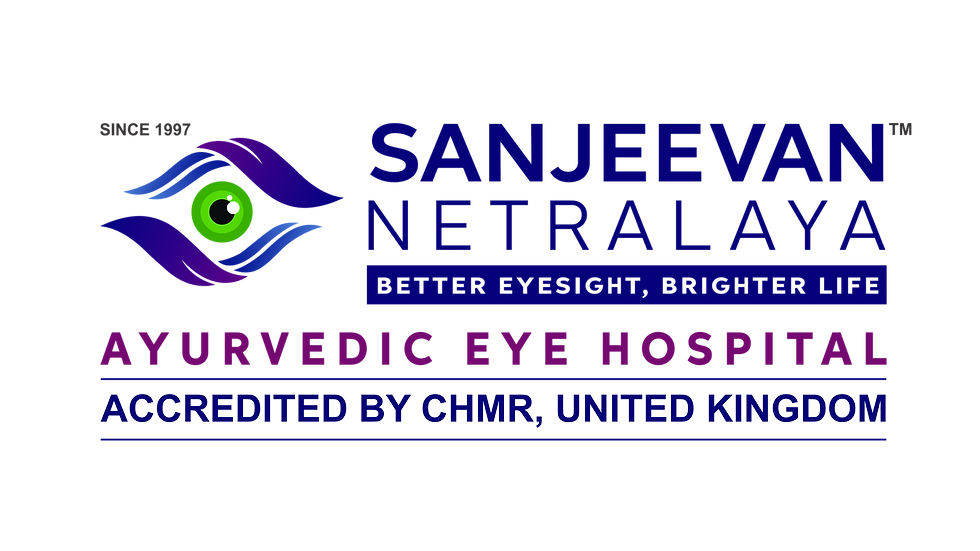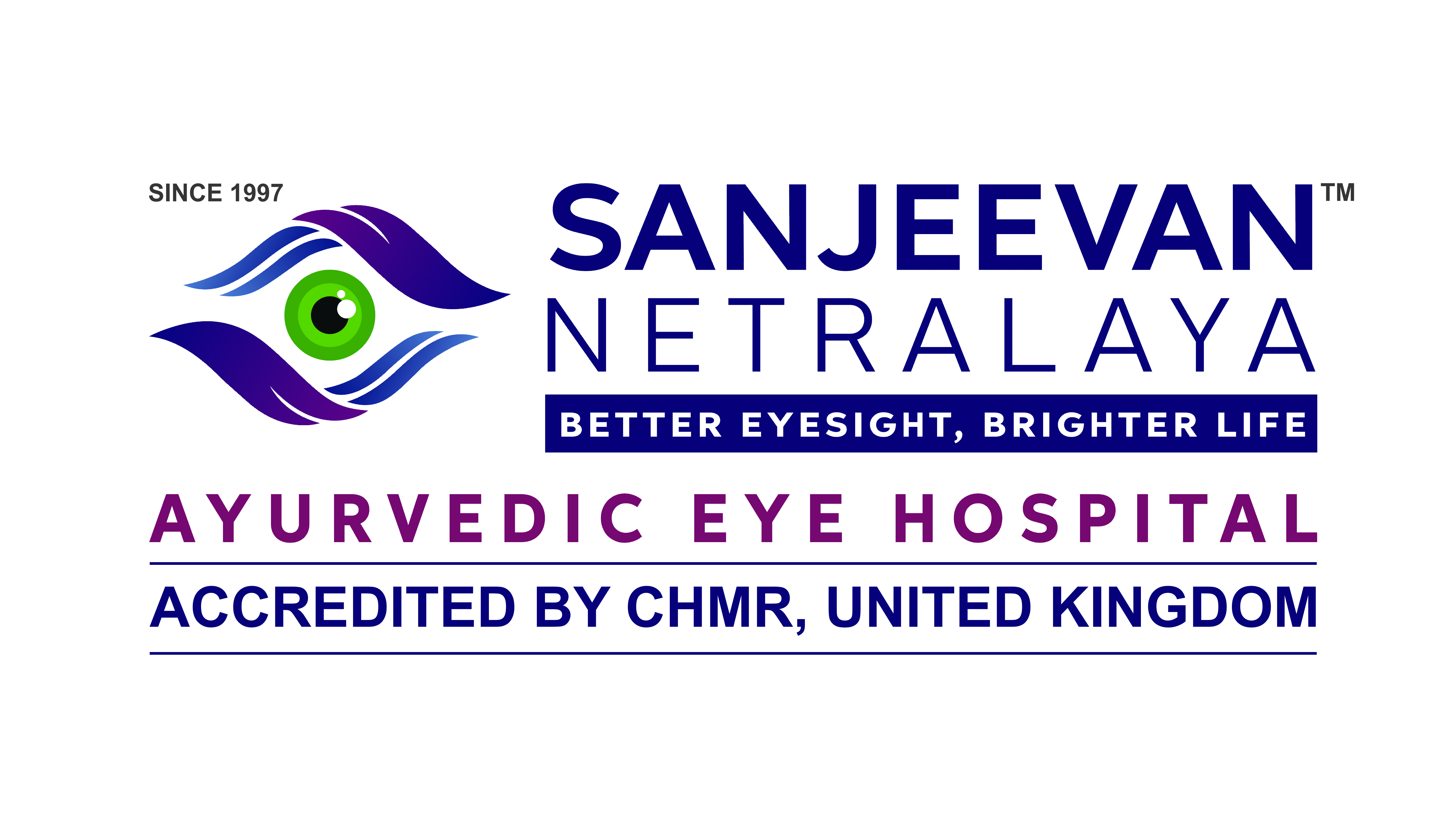
Optic Neuritis

What is Optic Neuritis?
When the optic nerve, which is responsible for sending impulses from the eye to the brain, is damaged due to swelling or inflammation, the condition is called Optic Neuritis.
Although it can also occur later, Optic Neuritis is one of the early indications of MS (Multiple Sclerosis) which causes nerve damage that affects the optic nerve. Optic Neuritis can otherwise be caused by immune diseases like Lupus or Neuromyelitis Optica that cause inflammation as well as swellings in both, the spine and the optic nerve.
Patients suffering from Optic Neuritis complain of pain in the eyes, impaired eye movement and even vision loss (which is usually temporary). Although most people recover from Optic Neuritis without any treatment, steroids are sometimes prescribed to a few patients.
Sanjeevan Netraleya tailored treatments are unique as different patients require different specialised care. We treat patients with Optic Neuritis effectively without steroids and without giving them harmful side effects.
Adults between the ages of 20 – 40, or people with Genetic Mutations are at higher risk of developing Optic Neuritis.
What are the causes of Optic Neuritis?
It is difficult to pin point the exact cause of Optic Neuritis but it occurs when swellings or inflammations that cause damage to the optic nerve. Doctors and researchers believe that it develops when area covering the optic nerve is targeted by the body’s immune system, damaging the myelin.
Although vision loss is often temporary, some patients may require additional treatment. Illness’ like MS (Multiple Sclerosis), Neuromyelitis Optica, MOG (Myelin Oligodendrocyte Glycoprotein) antibody disorder and Lupus are more likely to cause Optic Neuritis.
Some of the other causes include:
-
Bacterial Infection like syphilis, cat scratch fever, lyme disease, measles etc
-
Recurrent Optic Neuritis cane be caused by sarcoidosis, Behcet’s disease and lupus
-
Drugs like ethambutol (used to treat TB) and toxins like paints, antifreeze etc
What are the symptoms of Optic Neuritis and when should I see a doctor?
Optic Neuritis usually affects one eye of a patient. Some symptoms include:
-
Pain in the eyes
-
Impaired eye movement
-
Loss of vision in the affected eye
-
Colour Blindness
-
Flickering or Flashing Lights
-
Loss of central or peripheral vision
With Sanjeevan Netralaya’s Advanced Ayurvedic Treatment, the symptoms mentioned above can be managed, without any side effects. Our medication does not cause any discomfort like main stream medicine and helps treat the patient effectively.
It is imperative that you get regular eye check-ups, especially if you are suffering from any of the above symptoms as these symptoms can lead to permanent vision loss. Keep regular contact with your doctor and update them immediately if:
-
New symptoms develop or symptoms that aren’t regular to Optic Neuritis occur
-
Your condition worsens
Common complications of Optic Neuritis include:
-
Damage to the Optic Nerve
-
Weight gain and low immune due to steroids
-
Lower visual acuity
How does my doctor diagnose Optic Atrophy?
The ophthalmologist will usually perform a routine eye exam or conduct an Ophthalmoscopy. The doctor will examine the optic disc, which is at the back of the eye where the optic nerve enters the eye. If the doctor suspects a tumour, you may be asked to get an MRI Scan along with blood tests.
A pupil reaction test, visual field test and visual response test may also be conducted by your doctor.
Can Optic Neuritis be treated?
Optic Neuritis usually starts improving on its own with time. In case it doesn’t, the doctor may prescribe steroids which usually leads to harmful side effects that include:
-
Mood Changes
-
Weight Gain
-
Low immune system that makes the body vulnerable to other illness’ and attacks
The most effective way of treating Optic Neuritis is with ADVANCED AYURVEDIC EYE CARE treatments provided by Sanjeevan Netralaya. Sanjeevan Netralaya has treated over 6 lakh patients suffering from an array of retinal issues with a 100% success rate. Moreover, our treatments are tailer made to every patient making sure they are treated to perfection without causing harmful and uncomfortable side effects.

